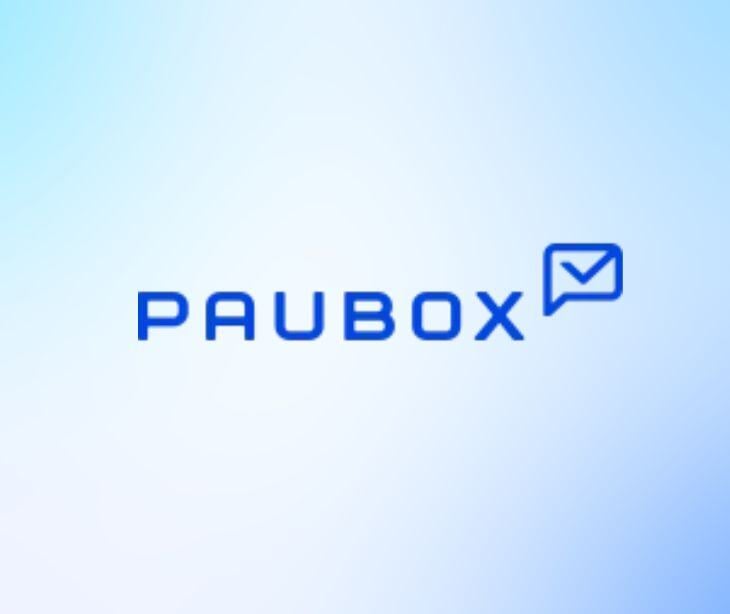
Email client extensions and scripting are valuable in healthcare organizations because they automate communication tasks. This allows for the integration of features from services like those found in HIPAA compliant email providers without the need for specialized accounts or software.
What is an email client extension?
Based on a Zapier ebook introducing the topic of APIs, “When two systems (websites, desktops, smartphones) link up through an API, we say they are "integrated." In an integration, you have two sides, each with a special name. One side we have already talked about: the server. This is the side that actually provides the API. It helps to remember that the API is simply another program running on the server.”
An email client extension is also commonly referred to as email plugins or email add-ons. Its primary purpose is to offer functionalities that aren't natively included in the core email client. For instance, extensions can facilitate tasks like scheduling emails to be sent at a later time, tracking when recipients open your messages or syncing with third-party apps like Paubox Email API.
The extension works by plugging directly into the email client’s architecture, altering its user interface and functions to integrate these additional tools seamlessly. Once installed, the extension typically provides easy-to-access buttons or menu options within the inbox or message composition windows.
See also: The 5-minute guide to Paubox Email API
What is email scripting?
A Journal of Critical Review study provides an insight into the purpose of email scripting in healthcare, “Given the workload that emails generate, there has been a longstanding desire to automate various aspects of email processing. Suppose a support Organization that needs to answer thousands of emails that get bombarded at their inboxes for a response…”
Email scripting involves writing and implementing code to automate tasks within an email system, helping to streamline communication processes. The automation aspect is the reason it is also known as email automation.
For example, a script might analyze incoming emails for specific keywords or sender addresses and automatically route these messages to predetermined folders. It can also send personalized responses to common inquiries, flag important messages for follow-up, or integrate email data with external databases.
The scripting typically involves programming languages like JavaScript, Python, or Visual Basic for Applications (VBA). These languages are used to write custom scripts that interact with the email client's application programming interface (API) or built-in scripting capabilities.
The scripts can be run directly within the email client, on a dedicated server, or through cloud services, executing tasks whenever specified triggers occur, such as an incoming email from a particular sender or containing certain keywords.
See also: What is email automation?
Do these practices have a role in healthcare organizations?
Email client extensions enable healthcare providers to implement advanced security measures, like encryption. They can also integrate the email client with electronic health records (EHR) systems, helping doctors access patient data quickly and securely.
Email scripting automates repetitive yet necessary tasks, such as sorting and prioritizing incoming messages from patients or staff. Therefore urgent inquiries or test results reach the appropriate medical professionals without delay. Automated scripts can personalize reminders for appointments, follow-ups, or preventive care, reducing missed appointments and enhancing patient adherence to treatment plans. They can also help coordinate care teams by sending alerts when a patient requires attention from multiple specialists, ensuring seamless collaboration.
FAQs
Can anyone use email client extensions and scripting, or do I need technical knowledge?
Extensions are user-friendly and often don't require technical skills. Scripting, however, might need some programming knowledge.
What are some examples of tasks that can be automated with scripting?
Common tasks include filtering emails into folders, sending personalized responses, setting up appointment reminders, and syncing data with other systems.
Is it safe to use email client extensions and scripting?
Yes, as long as you use trusted extensions and carefully manage scripting permissions, your data can remain secure.
Subscribe to Paubox Weekly
Every Friday we'll bring you the most important news from Paubox. Our aim is to make you smarter, faster.



